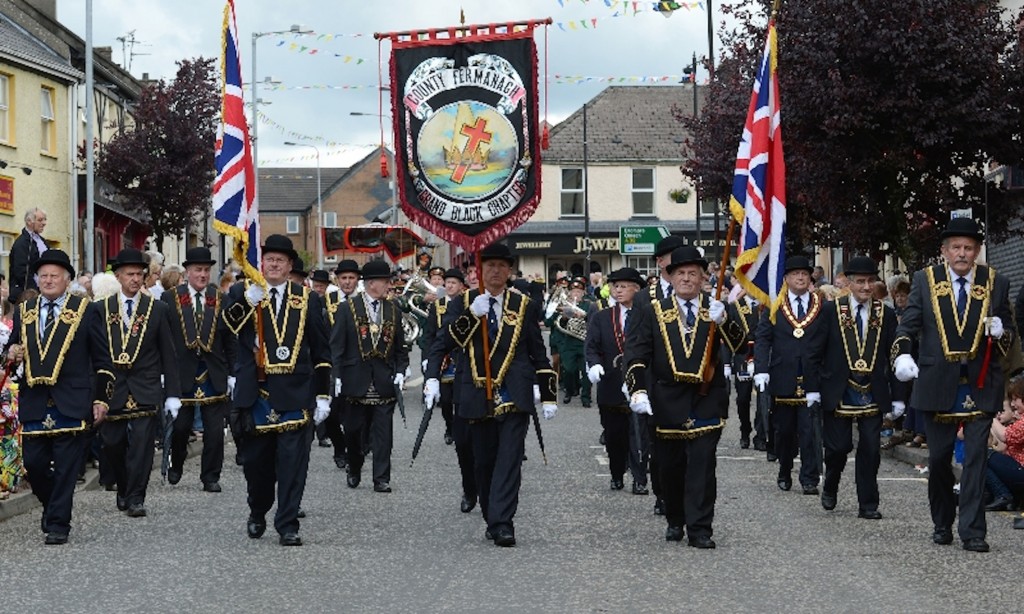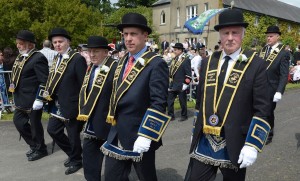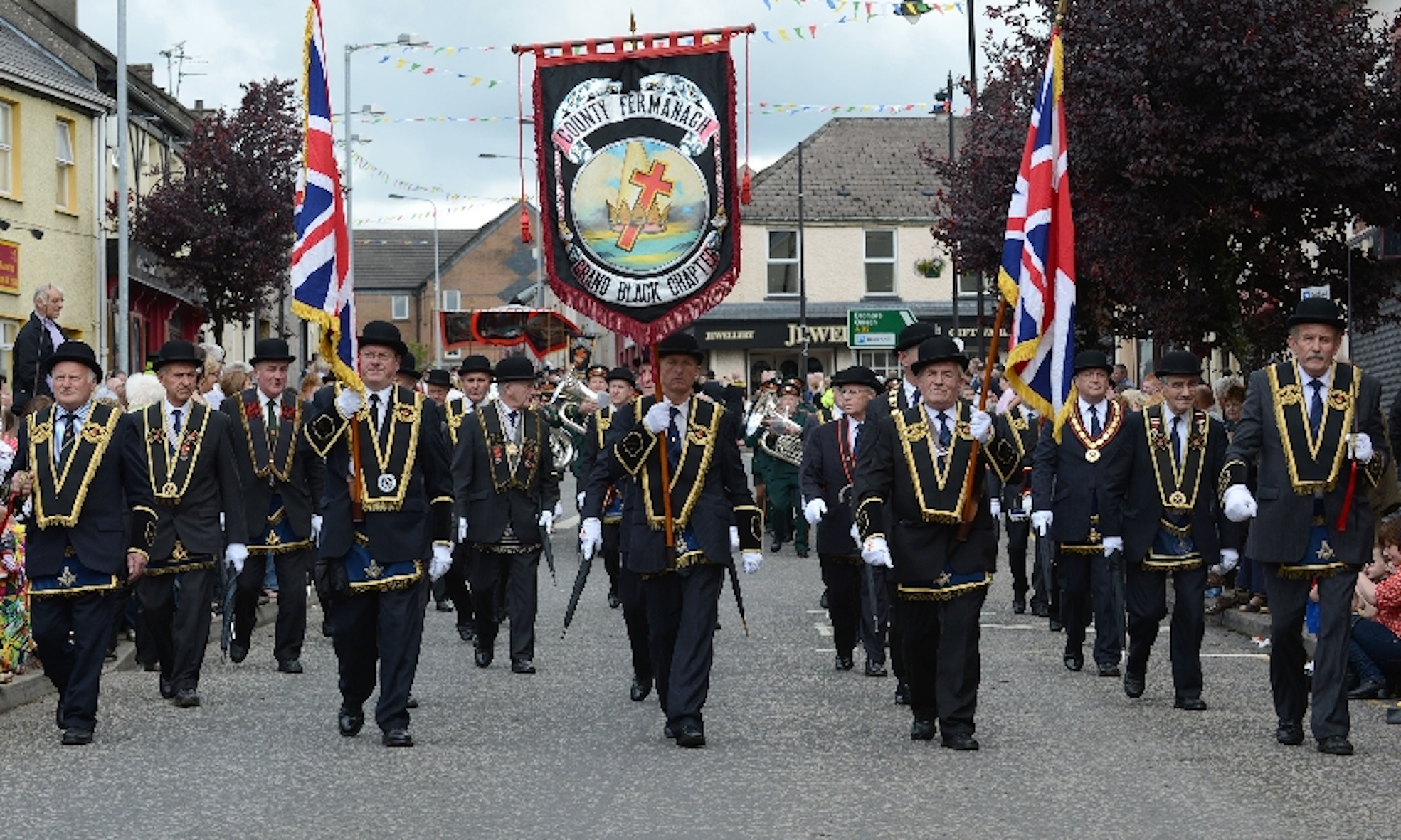 Derry city is to host another large Protestant march when the Royal Black Institution will parade through the city for the first time in six years at the end of the month.
Derry city is to host another large Protestant march when the Royal Black Institution will parade through the city for the first time in six years at the end of the month.
It will be one of six parades across Northern Ireland on Saturday, 30 August, when 34 preceptories (lodges) will take to the streets in the city centre and Waterside, accompanied by 33 bands.
It will be the first time the event will have been held in the city since 2008.
The parade will consist of members of the Royal Black Institution from Coleraine, Derry city, Raphoe and South Derry.

Leaving May Street in the Waterside at 12 noon, it will make its way along May Street. Limavady Road, Clooney Terrace, Spencer Road, Craigavon Bridge, Carisle Road, Ferryquay Street, the Diamond, Bishop Street, London Street, Kennedy Place, Kennedy Street, Wapping Lane, Craigavon Bridge, Spencer Road, Clooney Terrace, Glendermott Road, Bond Street and back to May Street.
Guest speaker from “the platform” will be the Rev Nigel Reid, Past Assistant Sovereign Grand Master.
The organisation will hold a smaller parade in the city this Saturday when around 50 members, accompanied by the Churchill Flute Band, will parade along Society Street, Bishop Street, The Diamond, Ferryquay Street and Carlisle Road.
The Institution was formed in Ireland in 1797, two years after the formation of the Orange Order in Daniel Winter’s cottage, Loughgall, County Armagh.
Anyone wishing to be admitted to the Royal Black Institution must first become a member of an Orange Order Lodge, with many members of both although they are separate institutions.
The Royal Black is often referred to as “the senior of the loyal orders.”
Its headquarters are in Lurgan, County Armagh.
Members of the Order refer to each other as “Sir Knight” whereas in the Orange Order members are referred to as “Brother” or “Brethren.”
The Order’s claim that their basis is the promotion of scripture and the principles of the Protestant Reformation.
It has preceptories throughout the world, mainly in the major English speaking countries, and is particularly strong in Newfoundland in Canada.
In Northern Ireland it holds an annual parade in the village of Scarva, County Down on 13 July (the day after the Orange Order’s 12 July celebrations).
It is commonly referred to as “The Sham Fight”.
The other major parade of the year is “Black Saturday,” also known as “Last Saturday,” held on the last Saturday in August at several locations throughout the North.
Apart from Northern Ireland, the society is also popular in Scotland, where 60 preceptories exist organised into 11 districts.
The Royal Black Institution has adopted a more conciliatory attitude to contentious parades than the Orange Order, and is less overtly political, though not without political influence.
After loyalist bands defied a Parades Commission ruling on “Black Saturday’ by playing music outside St Patrick’s Catholic Church on Donegall Street in Belfast, the Institution issued an apology to the clergy and parishioners of the church for any offence caused.
The parish priest, Father Michael Sheehan, welcomed the apology and “the sincere Christian spirit behind it.”
Tags:






